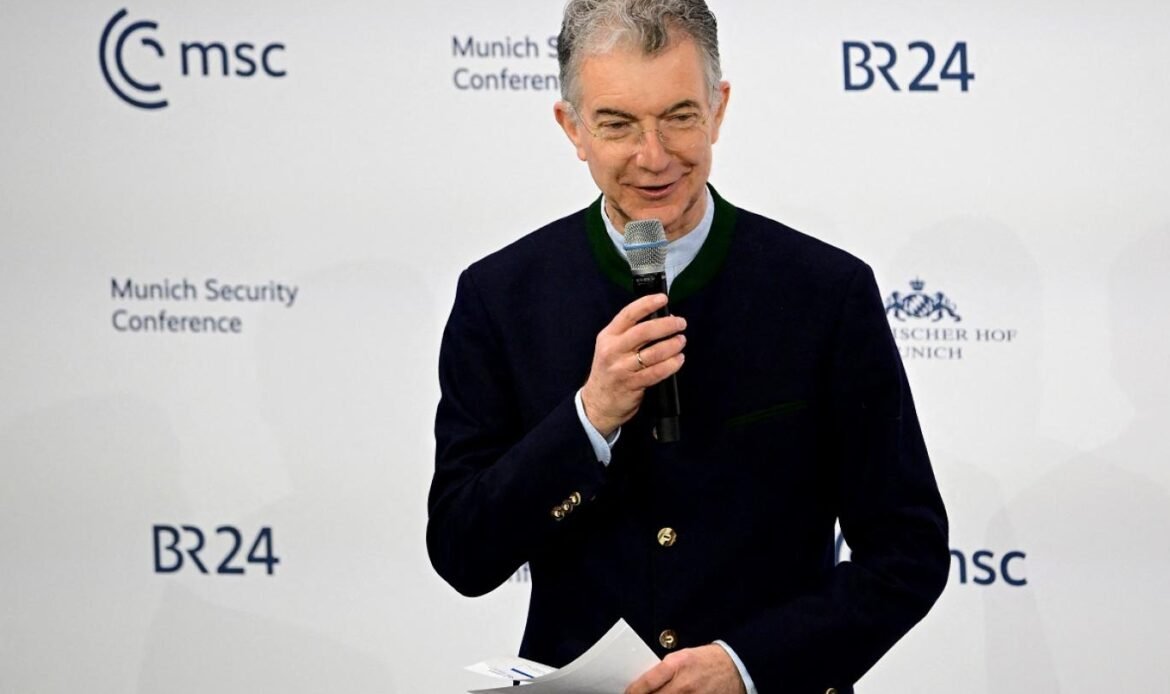Munich Security Conference President Weeps Over Trump’s Policies
In a striking display of emotion, Christoph Heusgen, the President of the Munich Security Conference,
was moved to tears during his closing remarks on Monday. This emotional outburst followed a speech
by U.S. Vice President J.D. Vance, which sparked widespread concern about the future of transatlantic
unity.
Heusgen expressed his worries after Vance’s speech last Friday, stating, “After the Vice President’s
speech last Friday, we should be concerned that the core values might not be as unified as we thought.”
His remarks underscored a growing anxiety about the direction the United States is taking under the
Trump administration, particularly regarding its commitment to NATO and Western values.

Moscow Nears Agreement with Damascus on Retaining Staff and Equipment in Syria
The conference, traditionally a platform for dialogue between the two sides of the Atlantic, has now
become a venue highlighting the potential fractures in this alliance. Heusgen’s tears were not just for
the moment but symbolized a broader distress about the future. He pointed out that the new U.S.
administration’s direction threatens the unity that has long been taken for granted.
The Munich Security Conference, hosted in Munich, Germany, has been a critical juncture for
discussing global security issues, with leaders from around the world attending to navigate the
complexities of international relations. However, this year’s conference has highlighted a significant
shift, with Heusgen’s emotional response capturing the gravity of the situation.
His closing speech, broadcasted by various media outlets, served as a poignant reminder of the stakes
involved when foundational alliances like NATO are questioned. The unity across the Atlantic, once a
cornerstone of global security, now faces unprecedented challenges.
This incident at the Munich Security Conference not only reflects on current political tensions but also
on the human aspect of international diplomacy, where personal emotions reflect broader geopolitical
concerns.



